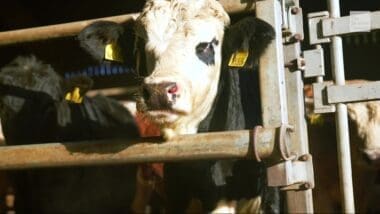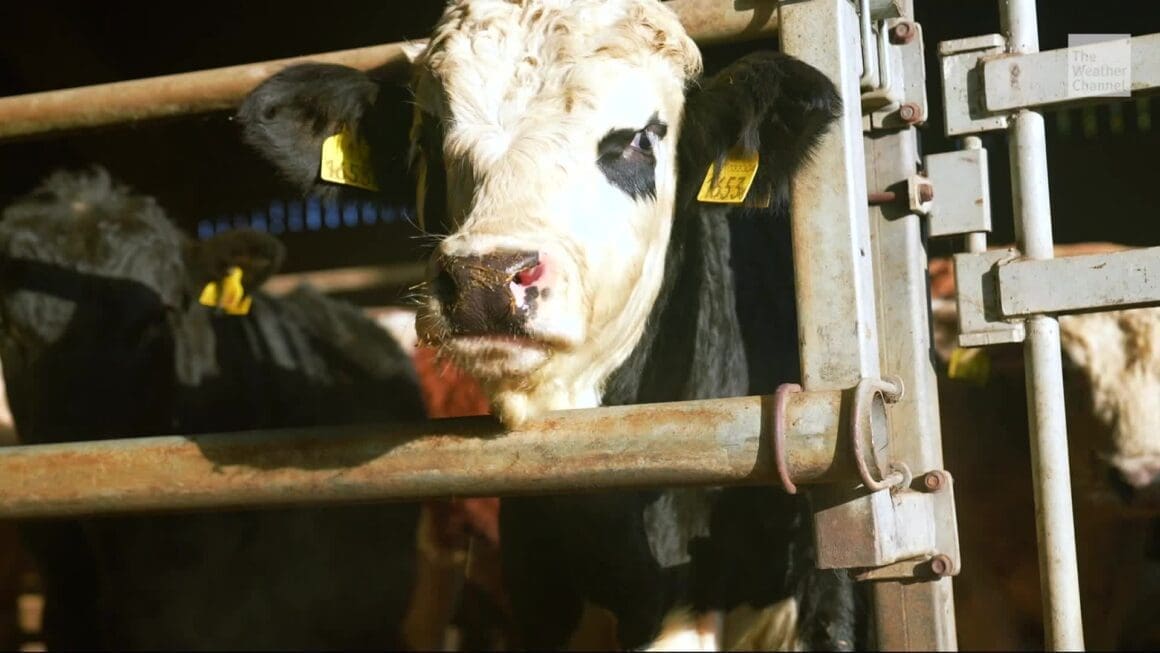Recent studies highlight a promising strategy in reducing methane emissions from livestock: feeding cows seaweed.
Methane emissions from cows, primarily produced during digestion, significantly contribute to greenhouse gases affecting the atmosphere. With global warming concerns on the rise, researchers have been exploring various methods to mitigate these emissions. One such method involves incorporating seaweed into the diets of cows, which has shown promising results in decreasing their methane production.
The primary mechanism through which seaweed works to reduce methane is its impact on the digestive process of cattle. Methane is a byproduct of enteric fermentation, a natural part of the digestive system in ruminants. Introducing seaweed, particularly certain species, can disrupt the enzymes responsible for methane production, leading to a substantial decrease in emissions observed in controlled studies.
This development is particularly important because it offers a feasible option for livestock farmers to participate in environmental conservation efforts without drastically altering their existing operations. By adjusting the dietary supplements of their cattle, farmers can significantly reduce their environmental footprint and contribute positively to efforts aimed at combating climate change.
Moreover, the inclusion of seaweed is not only advantageous for environmental reasons but also has been shown to have no negative impacts on the health and milk production of cows. This further solidifies its viability as a supplementary feed option.
While more research is necessary to optimize the types and quantities of seaweed that should be used, the current findings provide a strong foundation for further exploration. Scientists continue to evaluate the long-term effects and practical applications of this approach in various agricultural settings.
Feeding cows seaweed is emerging as a sustainable method to reduce methane emissions, offering a promising solution for agricultural sectors tackling environmental issues.
Source: Weather














